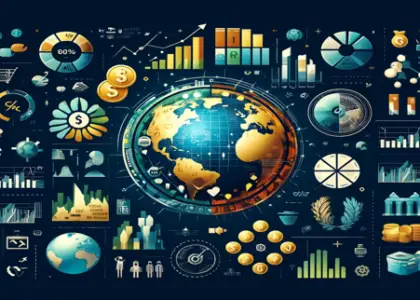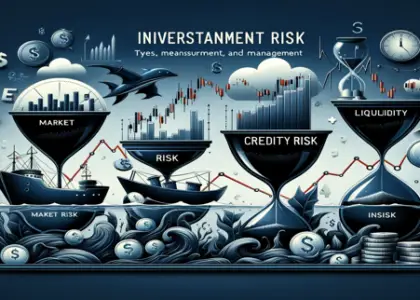Few sectors in the intricate web of global markets feel the pulse of world events as acutely as commodities markets. From geopolitical tensions to unexpected natural disasters, every global incident has the potential to send shockwaves through the markets, affecting everything from oil to oranges. Understanding these dynamics isn’t just academic—it’s critical for traders, investors, and policymakers who navigate these waters.
The Influence of Geopolitical Tensions and Economic Sanctions
Geopolitical events can dramatically alter the landscape of commodities trading. Consider the oil price shocks witnessed during the Gulf War or, more recently, the sanctions imposed on Russia following its invasion of Ukraine. These events disrupt supply chains, create trade imbalances, and foster a climate of uncertainty that can lead to significant price volatility. For instance, oil prices tend to skyrocket when major producers are embroiled in conflict that threatens the steady flow of oil.
The Role of Natural Disasters
Natural disasters are unpredictable yet profoundly impactful. A hurricane sweeping through the Gulf of Mexico can cripple oil refining capabilities, causing oil prices to spike. Similarly, a severe drought in a major agricultural belt can decimate crops, leading to soaring prices of wheat and corn. These events highlight the fragility of commodity supply chains and the speed at which disruption can affect global markets.
Shifts in Government Policies
Government policies, particularly environmental regulations and trade, can significantly impact commodities markets. For example, the shift towards green energy has increased demand for commodities like lithium and cobalt, essential for battery production. Conversely, tariffs and trade wars can restrict the flow of goods across borders, leading to supply shortages and higher commodity prices.
Historical Case Studies: Learning from the Past
Historical events provide valuable lessons in the impacts of global events on commodities markets. The 1973 oil crisis, triggered by an OPEC oil embargo, not only quadrupled oil prices but also demonstrated how political alignments and decisions can affect global economics. Another poignant example is the Great Grain Robbery of 1972, where the Soviet Union’s sudden purchase of U.S. grains left markets reeling and prices soaring, illustrating how strategic moves in commodities trading can have far-reaching consequences.
The Importance of Staying Informed
Staying informed about global events is paramount for those engaged in commodities trading. The ability to anticipate and react to market movements can be the difference between profit and loss. Tools like real-time news feeds, market analysis, and economic indicators are indispensable for traders looking to make informed decisions.
Conclusion
As we navigate the complex interdependencies of global events and commodities trading, it becomes clear that understanding these relationships is crucial for anyone involved in the commodities markets. Whether you’re a trader, an investor, or a policy maker, keeping a keen eye on global events will safeguard your interests and provide strategic advantages in the volatile world of commodities trading.
In a world where a tweet can shift markets and a storm disrupt supply chains, being informed isn’t just an advantage—it’s necessary. To gain more insights into the dynamic world of commodities trading and stay ahead of market movements, follow Finsurance Financial Services. We provide the expertise and analysis to help you navigate the complexities of commodities markets confidently.






